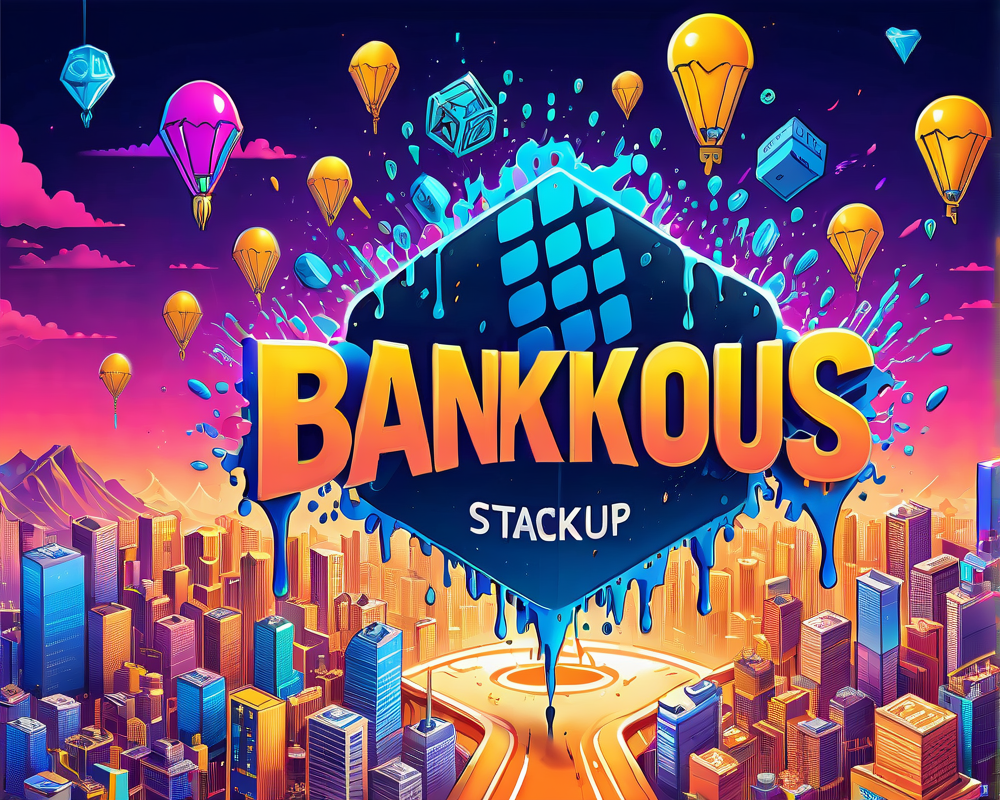What is a Central Limit Order Book (CLOB)?
A Central Limit Order Book (CLOB) is a digital platform revolutionizing how we trade in financial markets. Imagine a bustling marketplace where buyers and sellers gather, but instead of haggling over prices face-to-face, they’re using a sophisticated database to organize and manage their orders.
A CLOB aggregates buy and sell orders from various market participants, organizing them by price and the time they were received. This means the market dynamics are on display like a well-sorted buffet of financial instruments – stocks, bonds, and even cryptocurrencies.
Real-Time Trading: How CLOBs Work
So how does one interact with this digital marketplace? Think of it as a continuous trading party. When you submit an order, it gets placed in the CLOB, eagerly waiting for another order to come along that matches it. This can be as simple as a market order, which immediately trades at the best available price, or a limit order, where you specify the price you’re willing to pay.
Here’s how it functions:
- Order Matching: When two orders match based on price and time, a trade happens. Simple, right?
- Price Visibility: The CLOB showcases the best available prices, ensuring a transparent trading environment.
- High Efficiency: Designed to handle large volumes of trades quickly, it’s like a DJ keeping the music flowing and keeping everyone on their feet.
Centralized vs. Decentralized CLOBs
Now, let’s dive into the world of centralized and decentralized CLOBs. Think of a centralized CLOB (cCLOB) like your friendly neighborhood coffee shop; it has all the controls and makes sure your coffee order is correct. The exchange plays the role of the barista, maintaining the order book and executing trades on behalf of participants. But what about decentralization?
Enter the decentralized CLOB (dCLOB), the free-spirited traveler of the trading world, relying on blockchain technology. Here, trades are executed directly between participants without a middleman. It’s like a barter system where you trade directly with your neighbor instead of going through a local shopkeeper. And while dCLOBs eliminate the need for trust in a central authority, it introduces a new flavor of challenges.
Who Benefits More: Centralized or Decentralized?
This is the million-dollar question. Proponents argue that decentralized CLOBs offer transparency and better custody of assets. According to Pei Chen, vice president of growth at IoV Labs, “CLOB DEXs have the potential to shape the future of crypto exchanges.”
However, traditional centralized CLOBs provide deep liquidity and often attract institutional traders due to their capacity for handling larger trades more efficiently. They can offer tight pricing and more sophisticated order types like limit orders which might seem attractive to seasoned traders. But remember, with great liquidity often comes the burden of trusting someone else to manage it.
AMM vs. CLOB: Making the Right Choice
In the grand chessboard of trading mechanisms, we also have Automated Market Makers (AMMs) playing their game. AMMs use algorithms to set prices based on available liquidity, offering a different experience than a CLOB. However, they can encounter issues related to impermanent loss and slippage when trading volumes vary widely.
On the other hand, CLOBs are capital efficient, allowing for precise control over trades. They provide a clearer picture of market depth and are often better suited for price discovery, making them a worthy contender in the DeFi space.
In essence, both systems have their pros and cons, but your choice may come down to your trading strategy and risk tolerance.
Conclusion: The Future of CLOBs
As technology continues to evolve, both centralized and decentralized CLOBs are adapting. Blockchain innovations promise to enhance the capabilities of dCLOBs, potentially giving them an edge in efficiency and security. Whether you prefer the structured environment of a centralized platform or the freedom of a decentralized one, the future of trading will continue to bloom in exciting unexpected ways.




